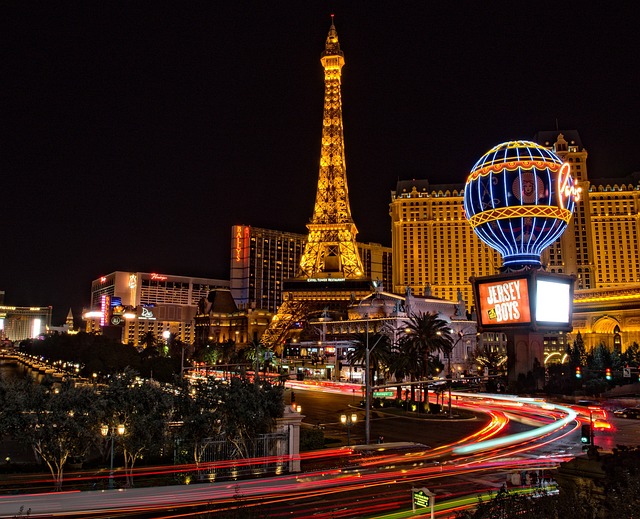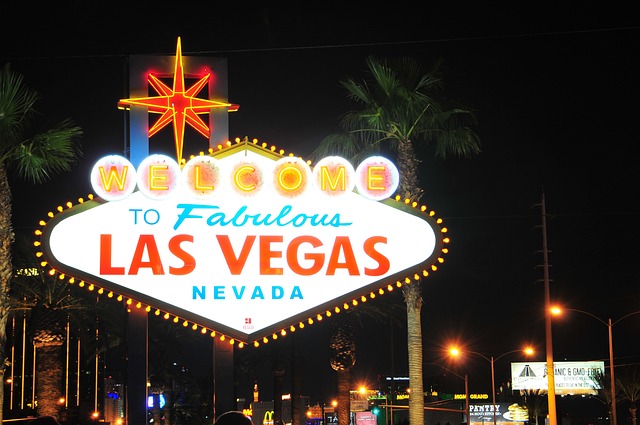For a long time, the public has been captivated by casinos. They provide dazzling settings for stories of intrigue, strategy, and luck. Films and television programs have attempted to portray the spirit of the casino industry, each with a unique focus on amusement or reality. From the high-stakes suspense of Monte Carlo to the neon-lit grandeur of Las Vegas, they’ve captured it all. How do these portrayals compare to the real casino experiences offered by Bizzo Casino?
The James Bond film series features one of the most iconic depictions of life at a casino, especially in films like “Casino Royale.” Here, the splendor and peril of high-stakes gambling take center stage. Casinos are portrayed as places where people can win or lose a fortune by just flipping a card. “Casino Royale” effectively conveys both the elegance frequently associated with casino patrons and the thrill of the gamble. It does not, however, accurately represent typical casino operations; rather, it is geared primarily toward entertainment.
The film “The Cooler” explores the less glamorous sides of life in a casino, on the other hand. It investigates the idea of luck. Some may be hired by casinos to “cool down” winning streaks. It is more rooted in the day-to-day operations of casinos. This covers the handling of games and the application of superstitions. For dramatic effect, it still errs on the side of creativity.
The gambling scene has not disappeared from television. Television programs such as “Las Vegas” provide an intimate glimpse into the inner workings of a fictional mega-casino. The program is entertaining. It also makes an effort to shed light on the intricate details of casino administration. It also makes an effort to shed light on the intricate details of casino security. Additionally, it makes an effort to shed light on the intricate nature of casino customer support. To keep viewers interested, the delicate balance between drama and accuracy frequently leans toward the latter.

What sets Martin Scorsese’s “Casino” apart is its more nuanced, and perhaps truthful, depiction of life in a casino. It is based on actual persons and Las Vegas events that took place in the 1970s and 1980s. It looks at the links between organized crime, the gaming sector, and the difficulties of operating a legal business in a setting where opportunities are tightly regulated. The song “Casino” is heard. It is praised for the meticulous attention to detail and realistic portrayal of gaming activities. Their consequences on personal lives are also shown in the film.
Oftentimes, these depictions are made up to make them seem funnier. Real-world casinos offer a range of experiences. These include the excitement of using extras like dining options, entertainment, and more, as well as the thrill of playing slots and live games. Specifically, the online experience emphasizes accessibility and convenience of use, allowing players from all over the world to enjoy games from the comfort of their homes.
In conclusion, the degree to which TV series and films portray casinos truthfully varies. All of them, though, contribute to the charm and mystery of casino culture. Viewed through the prism of beauty, the hard reality, or the excitement of the wager, these depictions encourage viewers to delve into the intricate realm of casinos—a realm where entertainment and reality converge in captivating ways.
